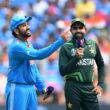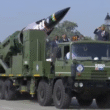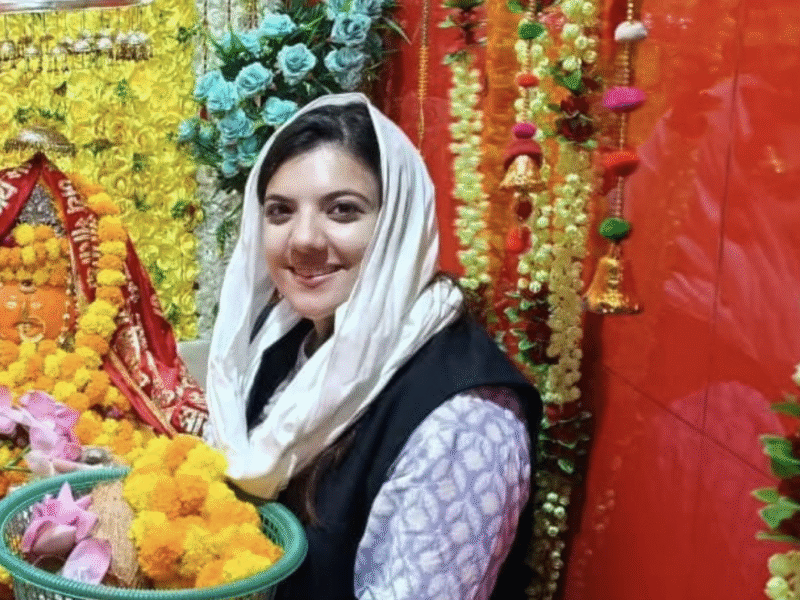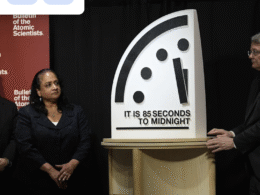The Nagrota assembly constituency in Jammu has suddenly become a focal point of political drama and emotional resonance. The seat was vacated following the death of sitting BJP MLA Devender Singh Rana in October 2024. His passing left a void not only in party ranks but also in a community where Rana had built deep local ties.
Emerging from this backdrop is Devyani Rana, his daughter, who was announced as the BJP’s candidate for the by-election on Wednesday. Party insiders say the BJP leadership is banking on both legacy and emotional sympathy to retain Nagrota.
Family Legacy and Electoral Sentiment
Devender Singh Rana himself had a shifting political journey. He started with the National Conference before switching to BJP in 2021. That move was significant in local politics: it underscored the weight Rana held as a political force beyond party lines. His victories—most recently securing Nagrota with a large margin in 2024—made him an influential figure in Jammu’s political firmament.
For many in Nagrota, the Rana name carries emotional gravitas. In a region where ties of community, caste, and kinship intersect profoundly with politics, Devyani’s entry is seen as more than just a family succession: it’s an attempt to preserve the bonds her father cultivated. Observers note that the BJP is likely to emphasize continuity, personal goodwill, and memories of Devender Rana’s approach in the constituency.
Political Profile and Role in Party
While public information about Devyani Rana is still limited, reports say she holds a role in the BJP youth wing (Bharatiya Janata Yuva Morcha), as per New Indian Express.This gives her a foothold inside the party’s structures and suggests she is not a political newcomer but someone already familiar with cadre work and grassroots dynamics.
The BJP was also weighing other names such as Nand Kishore Sharma, but the consensus leaned toward Devyani, as per Greater Kashmir.
Challenges and Stakes
The Nagrota bypoll is not a mere family succession contest. It is a test of BJP’s resilience in Jammu, especially in the face of rising expectation that legacy alone may not suffice. Political analysts highlight several challenges:
- Sympathy Votes vs. Performance Demands: While sympathy may yield initial support, voters increasingly demand delivery, visible development, and governance.
- Demographic Influences: Nagrota includes a diverse electorate—Rajputs, Gujjars, and others. Balancing community appeals will be essential.
- Opposition Strategy: The rival National Conference, and possibly Congress in alliance, will likely frame the contest around issues of statehood, local grievances, and governance rather than personality.
- Legacy vs. Individual Identity: Devyani Rana must emerge not just as “the daughter of” but as someone with her own ideas, presence, and credibility.
What It Says About J&K Politics
Devyani’s candidature illustrates a broader trend: parties in Jammu & Kashmir increasingly resort to candidates with emotional and familial resonance, especially in by-elections triggered by sudden vacancies. It underlines how electoral politics in the region often intertwines with personal legacies and local loyalties, not just party ideology or national agendas.
If she wins, Devyani would continue her father’s presence in the assembly—but the real test will be whether she can convert inherited goodwill into her own political weight. The Nagrota bypoll, slated alongside Budgam on November 11, is shaping into a symbolic battle over identity, continuity, and performance in J&K politics.











